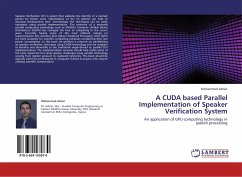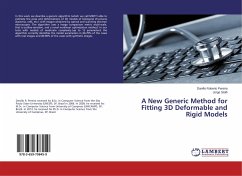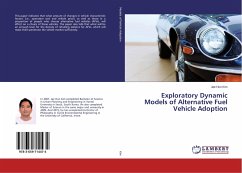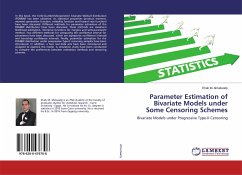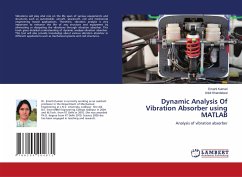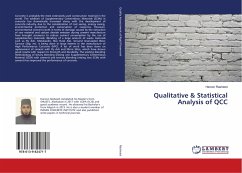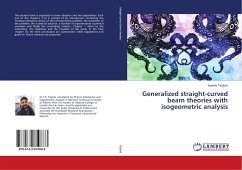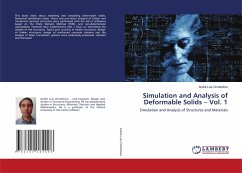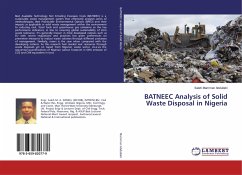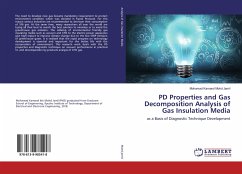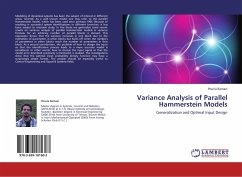
Variance Analysis of Parallel Hammerstein Models
Generalization and Optimal Input Design
Versandkostenfrei!
Versandfertig in 6-10 Tagen
32,99 €
inkl. MwSt.

PAYBACK Punkte
16 °P sammeln!
Modeling of dynamical systems has been the subject of interest in different areas, recently. As a well known model one may refer to the parallel Hammerstein model, which has been used since perhaps 1966. Because of resulting in successful system identifications in different branches, it has been subject to intensive study. In this thesis we generalize some recent results on variance analysis of parallel Hammerstein models. A variance formula for an arbitrary number of parallel blocks is derived. This expression shows that the variance increases in one block due to the estimation of parameters ...
Modeling of dynamical systems has been the subject of interest in different areas, recently. As a well known model one may refer to the parallel Hammerstein model, which has been used since perhaps 1966. Because of resulting in successful system identifications in different branches, it has been subject to intensive study. In this thesis we generalize some recent results on variance analysis of parallel Hammerstein models. A variance formula for an arbitrary number of parallel blocks is derived. This expression shows that the variance increases in one block due to the estimation of parameters in other blocks but levels off when the numbers of parameters in other blocks reach the number of parameters in that block. As a second contribution, the problem of how to design the input so that the identification process leads to a more accurate model is considered. In other words, how to choose the input signal so that the model error described previously is minimized, is studied. The investigations show that the optimal input probability density function may have a surprisingly simple format. The analysis should be especially useful to Control Engineering and Signal & Systems fields.



